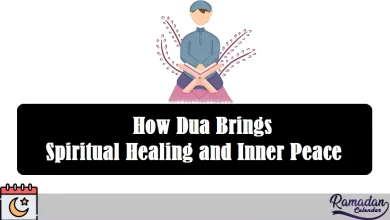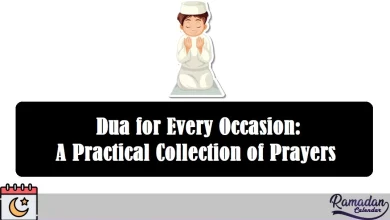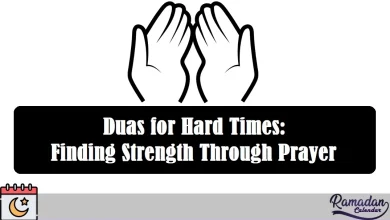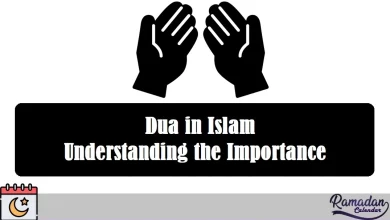Dua in the Quran: Lessons on Patience and Gratitude
Dua in the Quran: Lessons on Patience and Gratitude [List]
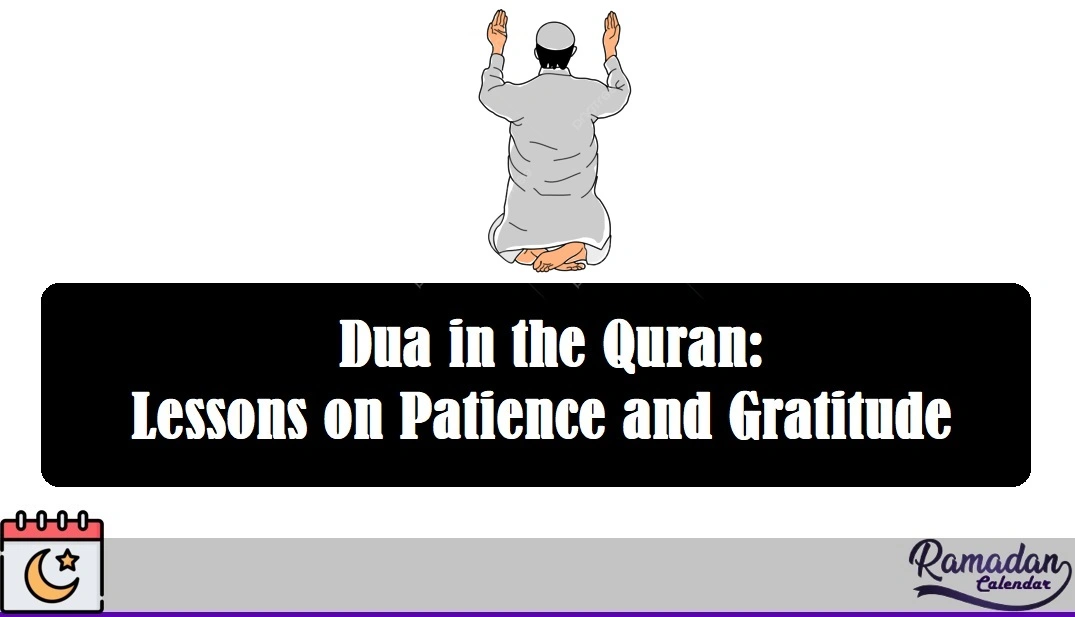
Dua in the Quran: Lessons on Patience and Gratitude: The Quran is a divine guide for humanity, filled with timeless wisdom and lessons that illuminate every aspect of life. Among its many treasures are the profound duas (supplications) of prophets and believers, which serve as powerful examples of how to seek Allah’s help with patience and express gratitude for His blessings. By exploring these duas, we can learn how to strengthen our relationship with Allah, navigate life’s challenges, and maintain a grateful heart.
The Role of Dua in Patience
Patience (“sabr”) is a recurring theme in the Quran, emphasized as a vital virtue for believers. Dua is one of the most powerful tools that supports patience, as it enables us to rely on Allah’s wisdom and timing. When faced with adversity, the act of turning to Allah through supplication demonstrates our trust in His plan and our commitment to endure with resilience.
Dua of Prophet Ayyub (Job, peace be upon him):
The story of Prophet Ayyub is one of unparalleled patience. He endured immense suffering—losing his health, wealth, and family. Yet, he remained steadfast in his faith and turned to Allah with a heartfelt dua:
“Indeed, adversity has touched me, and You are the Most Merciful of the merciful.” (Surah Al-Anbiya, 21:83)
This simple yet profound supplication reflects humility and complete trust in Allah’s mercy. It teaches us that even in the depths of hardship, patience is not passive; it is an active reliance on Allah through dua.
Practical Lesson:
When facing trials, emulate Prophet Ayyub by maintaining patience and making heartfelt dua. Acknowledge your dependence on Allah, and trust that He will alleviate your difficulties in the best way and at the best time.
Gratitude in Dua
Gratitude (“shukr”) is a central tenet of Islam, encouraging believers to recognize and appreciate Allah’s countless blessings. The Quran teaches us that gratitude not only pleases Allah but also leads to an increase in blessings:
“If you are grateful, I will surely increase you [in favor].” (Surah Ibrahim, 14:7)
Through dua, we can express our gratitude to Allah, acknowledging His favors and affirming our reliance on Him.
Dua of Prophet Sulaiman (Solomon, peace be upon him):
Prophet Sulaiman, known for his immense power and wealth, exemplified gratitude through his supplication:
“My Lord, enable me to be grateful for Your favor which You have bestowed upon me and upon my parents and to do righteousness of which You approve. And admit me by Your mercy into [the ranks of] Your righteous servants.” (Surah An-Naml, 27:19)
This dua reveals that gratitude is not limited to words; it extends to actions that reflect appreciation for Allah’s blessings. Sulaiman’s supplication also underscores the importance of asking Allah for the ability to remain grateful, as true gratitude requires divine guidance and insight.
Practical Lesson:
In moments of abundance and ease, remember to express gratitude through dua, not only for material blessings but also for spiritual opportunities. Pair your gratitude with actions that align with Allah’s pleasure, such as helping others or engaging in additional acts of worship.
Balancing Patience and Gratitude in Dua
Life is a blend of ease and difficulty, and the Quran teaches us to balance patience and gratitude in our supplications. This balance is beautifully encapsulated in the dua of Prophet Yusuf (Joseph, peace be upon him), who experienced both hardship and triumph. After reuniting with his family and reflecting on his journey, he made this heartfelt prayer:
“My Lord, You have given me [something] of sovereignty and taught me of the interpretation of dreams. Creator of the heavens and earth, You are my protector in this world and the Hereafter. Cause me to die a Muslim and join me with the righteous.” (Surah Yusuf, 12:101)
Yusuf’s dua is a perfect example of how to acknowledge Allah’s blessings while remaining mindful of life’s tests. He expressed gratitude for Allah’s favors and sought steadfastness in faith, illustrating a harmonious balance between patience and gratitude.
Practical Lesson:
Reflect on your life journey and identify ways to integrate both patience and gratitude into your supplications. In times of difficulty, focus on patience, and in moments of ease, emphasize gratitude—but always maintain both in your heart.
The Power of Sincerity in Dua
One of the most significant lessons from the duas in the Quran is the importance of sincerity. The effectiveness of dua is not determined by its length or eloquence but by the purity of the heart making it. Allah assures us:
“Call upon your Lord in humility and privately; indeed, He does not like transgressors.” (Surah Al-A’raf, 7:55)
This verse emphasizes the value of humility and privacy in dua, fostering a personal and sincere connection with Allah. Whether we are expressing patience or gratitude, sincerity ensures that our supplications are heartfelt and aligned with divine guidance.
Practical Tip:
When making dua, remove distractions and focus solely on your connection with Allah. Speak to Him as your closest confidant, and ensure that your words come from a place of genuine faith and trust.
Conclusion
The Quran’s collection of prophetic duas offers profound lessons on patience and gratitude, serving as a blueprint for navigating life’s challenges and blessings. Whether we are inspired by the steadfastness of Prophet Ayyub, the gratitude of Prophet Sulaiman, or the balanced approach of Prophet Yusuf, these examples remind us that dua is both a refuge and a means of expressing our faith.
By incorporating these lessons into our daily lives, we can cultivate a deeper relationship with Allah, one that is rooted in trust, humility, and appreciation. Remember, every dua is a conversation with your Creator, so approach it with sincerity and a heart full of hope. As Allah promises:
“Indeed, My Lord is near and responsive.” (Surah Hud, 11:61)
